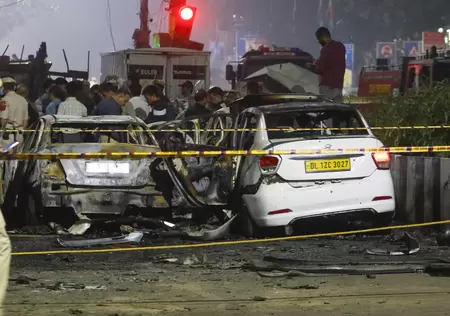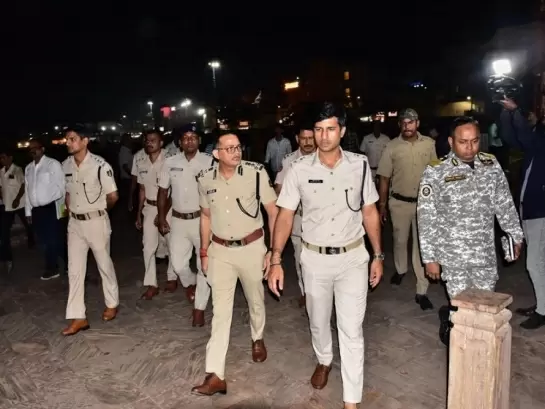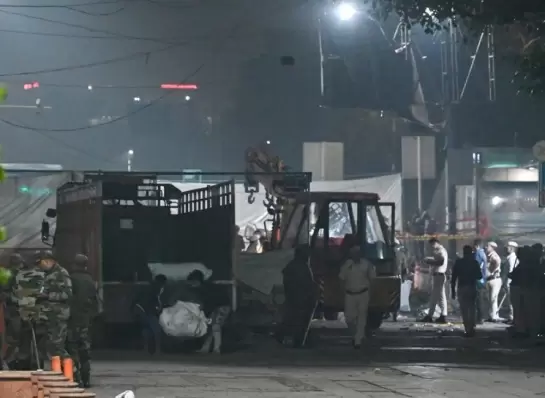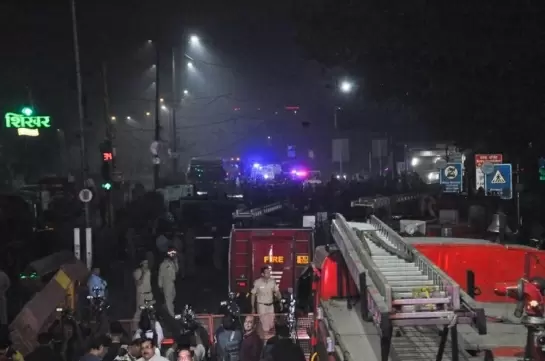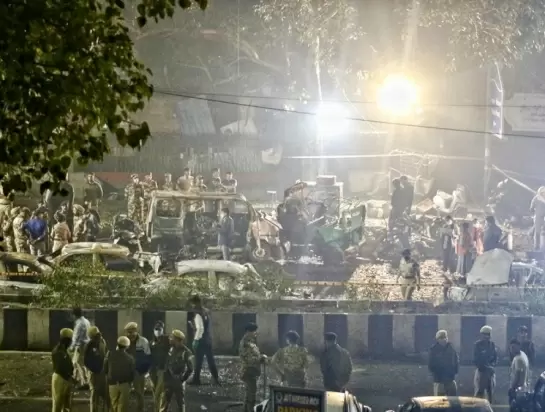A covert war that helped India crush Pakistan in 1971 (Book Review)
04-August-2019
Title: Operation - The Untold Story of India's Covert Naval War in East Pakistan; Author: Captain M.N.R. Sawant and Sandeep Unnithan; Publisher: HarperCollins Publishers India; Pages: 272; Price: Rs 499
This is an explosive book that uncovers, for the first time publicly, a major covert war the Indian Navy waged in 1971 to help give birth to Bangladesh as an independent nation.
The Navy's known success story thus far has been limited to what it achieved by pounding Karachi and virtually crippling the Pakistan Navy on the western front. But the Navy, the authors say, was far more deeply involved in the conflict, that too long before war broke out in December 1971, leading to Pakistan's capitulation in its eastern wing.
What gave impetus to the massive covert operation was a virtual rebellion in the Pakistan Navy just after the Bangladesh uprising commenced in March that year, driving millions to take refuge in India. Eight Bengali naval personnel deployed in a French built submarine deserted the Pakistan Navy while abroad. They contacted the Indian embassy in Madrid and became the base on which the Indian Navy built its covert operation.
Captain Samant was a key figure in the covert naval war, which was personally approved and regularly monitored by Prime Minister Indira Gandhi, says journalist and co-author Unnithan.
India's military assistance to the Bangladesh Mukti Bahini began without fanfare soon after the Pakistani military cracked down on defenseless civilians in Dhaka, killing thousands. Knowing how important waterways were in Bangladesh, the Indian Navy decided to train deserters and young volunteers from the refugee camps in India in clandestine warfare - to use diving sets, limpet mines and plastic explosives.
When the training of the first batch of 100 recruits began in early May, the eight deserters proved invaluable as interpreters. "The Navy aimed to transform their recruits into underwater weapon delivery units - assault swimmers who could swim up to 6 hours at a stretch, carrying a 3-4 kg limpet mine under all operational conditions - blinding rain, at night, and in zero visibility conditions."
But the first crop of trainees tired easily and faltered during long-distance swimming, thanks to their dal rice rations. Eggs, lemon and fruit were then added to the menu. It did the trick! Once the Mukti Bahini made land travel near difficult for the Pakistan Army, the India-trained Bengali commandos stepped in.
By early August, an all-Bangladeshi unit of 178 naval commandos and leaders was ready. The Indian assessment was that 10 per cent were likely to be killed or captured. The fireworks began in August and didn't stop till the formal war broke out between India and Pakistan in December.
A total of 457 commandos were trained and they carried out deep penetration naval raids inside enemy territory to sink and cripple over 100,000 tonnes of shipping - the largest operation of its kind since World War II. By the time formal war erupted, the Pakistan Navy was in shambles in East Pakistan and, by extension, so was the Army.
Once the stealthy naval sabotage began, the Pakistani military began herding ships carrying essential supplies into river convoys in order to move fuel, war material and troops by day. Pakistani vessels stopped moving at night. In the meantime, the number of deserters from the Pakistan Navy swelled. The Indians converted two Calcutta Port Trust vessels into gunboats to hit at merchant shipping and Pakistani Navy.
By November, the Mukti Bahini was attacking the Pakistani Army at will across the countryside. On November 4, a team of assault swimmers sank a 700 tonne oil tanker in Chittagong. If ships were hard to hit, the commandos targeted maritime infrastructure - jetties, barges and pylons. By the end of November, at least a dozen India trained commandos were killed, some after being brutally tortured by the Pakistan Army and their collaborators. By mid-November, East Pakistan had become a no-go zone for global shipping.
IANS
Red Fort Car Explosion Leaves 10 Dead; Terror Angle Suspected
Car Blast Near Red Fort Metro; Multiple Vehicles Catch Fire
Rs 84 Lakh Cash, Luxury Car Recovered In Rs 69 Crore Chit Fund Case
TMC Flags Confusion Over EC Definition Of ‘Relative’ In Bengal SIR
Special Intensive Revision Sparks Concern Across Tamil Nadu





